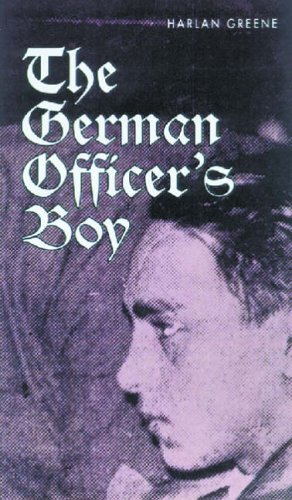The German Officer’s Boy
Most historians agree that the 1938 murder of a German diplomat in Paris by a teenaged Jew provided the excuse for Kristallnacht, the upsurge of Jewish persecution in Germany that led to the Holocaust. They disagree on why the teenaged boy committed the murder. Was Herschel Grynszpan a scorned lover or a defender of Jewish rights? Although the few facts are open to interpretation, Harlan Greene embellishes the idea that Herschel Grynszpan and his murder victim, Ernst vom Rath, were lovers.
While Greene has few historical facts to move his story along, he more than makes up for this shortcoming with prose so tender and seductive your heart aches for the actors in this tragedy. In addition to the main characters, you feel the emotional hopes and fears of Jewish families pushed by bigotry from Poland to Germany to France.
Both the Germans and the Jews used Vom Rath’s murder for propaganda. The Nazis cast Vom Rath as a “distinguished member of a distinguished family,” not the kind of man who would have a Jewish friend, much less a Jewish lover. To his lawyers, Grynszpan offered “the key to turning back all that oppression bursting forth in Germany”; certainly not a willing participant in a German homosexual’s perversions.
Greene brings us the personal love story he imagines for these two victims of Nazi persecution. And in doing so he personalizes the oft-told story of the Holocaust in a new and heart-touching way.










